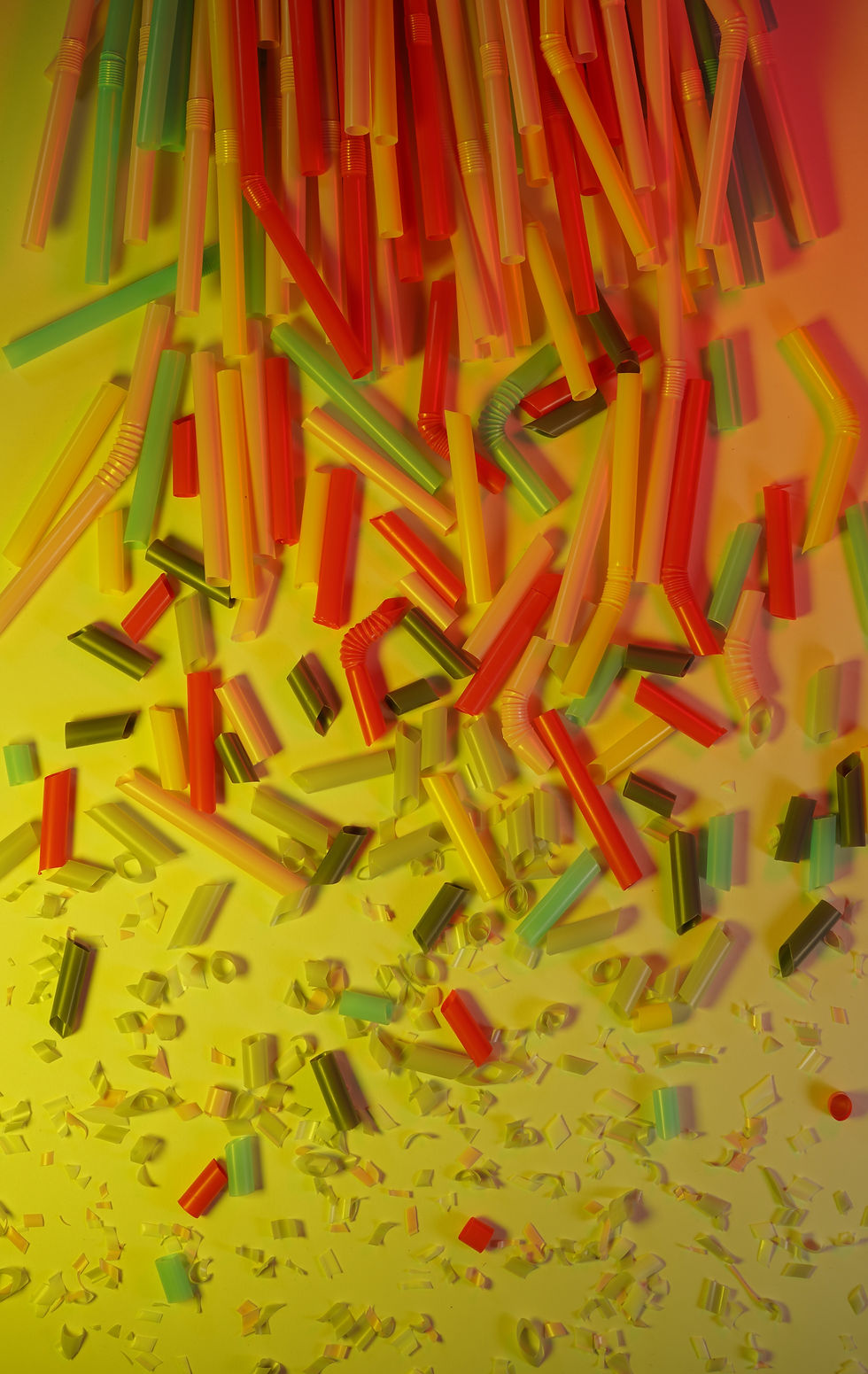The Green Revolution of Pollination: How Biotechnology is Reshaping Agriculture
- claudiaavlis45
- Jan 10
- 3 min read
Updated: Jan 13

Pollination, a fundamental process for seed and fruit production, is a cornerstone of agriculture. However, the growing demand for food, climate change, and the decline of pollinator populations pose significant challenges to global food security. Biotechnology emerges as a beacon of hope, offering innovative solutions to optimize pollination and ensure the sustainability of agricultural production.
The Science of Pollination
Pollination is the transfer of pollen grains from the male part of a flower to the female part, enabling fertilization and seed production. This process can occur in various ways, with insects, particularly bees, being the primary pollinators. Other animals such as butterflies, moths, birds, and bats also play important roles in pollination.
Factors Affecting Pollination:
Distance between plants: The distance between plants can influence pollination efficiency, as pollinators need to travel greater distances to find flowers.
Resource availability: The quantity and quality of nectar and pollen available in flowers are crucial factors in attracting pollinators.
Climatic conditions: Extreme temperatures, strong winds, and rainfall can affect pollinator activity and pollen viability.
Biotechnology in Practice
Biotechnology provides a suite of tools to optimize pollination and increase agricultural productivity. Some of the primary applications include:
Plant genetic improvement: Through techniques like gene editing, it's possible to create plant varieties with traits more attractive to pollinators, such as larger flowers, more nectar, and pollen.
Monitoring and data analysis: Sensors and drones equipped with cameras and image analysis software can be used to collect data on pollinator activity, plant health, and pollination efficiency.
Biotechnology for pollinator development: Biotechnology can be used to create pollinators that are more resistant to diseases and pests, or to increase their populations.
Benefits of Biotechnology for Pollination
Optimizing pollination through biotechnology offers numerous benefits for agriculture and society as a whole:
Increased productivity and quality: Efficient pollination ensures adequate fertilization of flowers, resulting in larger and heavier fruits and seeds. Plants pollinated adequately tend to have higher levels of vitamins, minerals, and antioxidants. Biotechnology can also create plant varieties with more uniform characteristics, facilitating processing and marketing.
Resilience and adaptation: Creating plant varieties resistant to pests and diseases reduces the need for pesticides, benefiting the environment and consumers. Genetically modified plants can also tolerate extreme weather conditions such as drought and high temperatures. Biotechnology enables the development of plant varieties adapted to different geographic regions and growing conditions.
Environmental sustainability: Optimizing pollination reduces the need for pesticides, contributing to the preservation of biodiversity and reducing soil and water pollution. Protecting pollinators and promoting genetic diversity in plants are essential for biodiversity conservation. Some crops, such as legumes, contribute to carbon sequestration in the soil, helping to mitigate the effects of climate change.
Food security: Efficient pollination ensures a more stable food supply, reducing dependence on imports and the risk of food crises.
Economic development: Increased production and product quality result in higher incomes for farmers. The development of new technologies and the expansion of agriculture can create new jobs in rural areas.
Innovation: Biotechnology stimulates innovation and the development of new solutions to agricultural challenges.
Case Studies
Several companies and research institutions are developing innovative solutions for pollination. BeeHero, for example, uses artificial intelligence and sensors to monitor beehive health and optimize bee management. Other projects focus on developing plant varieties that are more attractive to pollinators and creating more disease-resistant pollinators.
Protecting pollinators and developing sustainable technologies are essential to ensuring food security and planetary health. Governments, businesses, and civil society must work together to promote research and development of innovative solutions for pollination.
Biotechnology offers hope for the future of pollination. By optimizing this fundamental process, we can ensure the production of high-quality food, protect biodiversity, and build a more sustainable future for generations to come.








留言